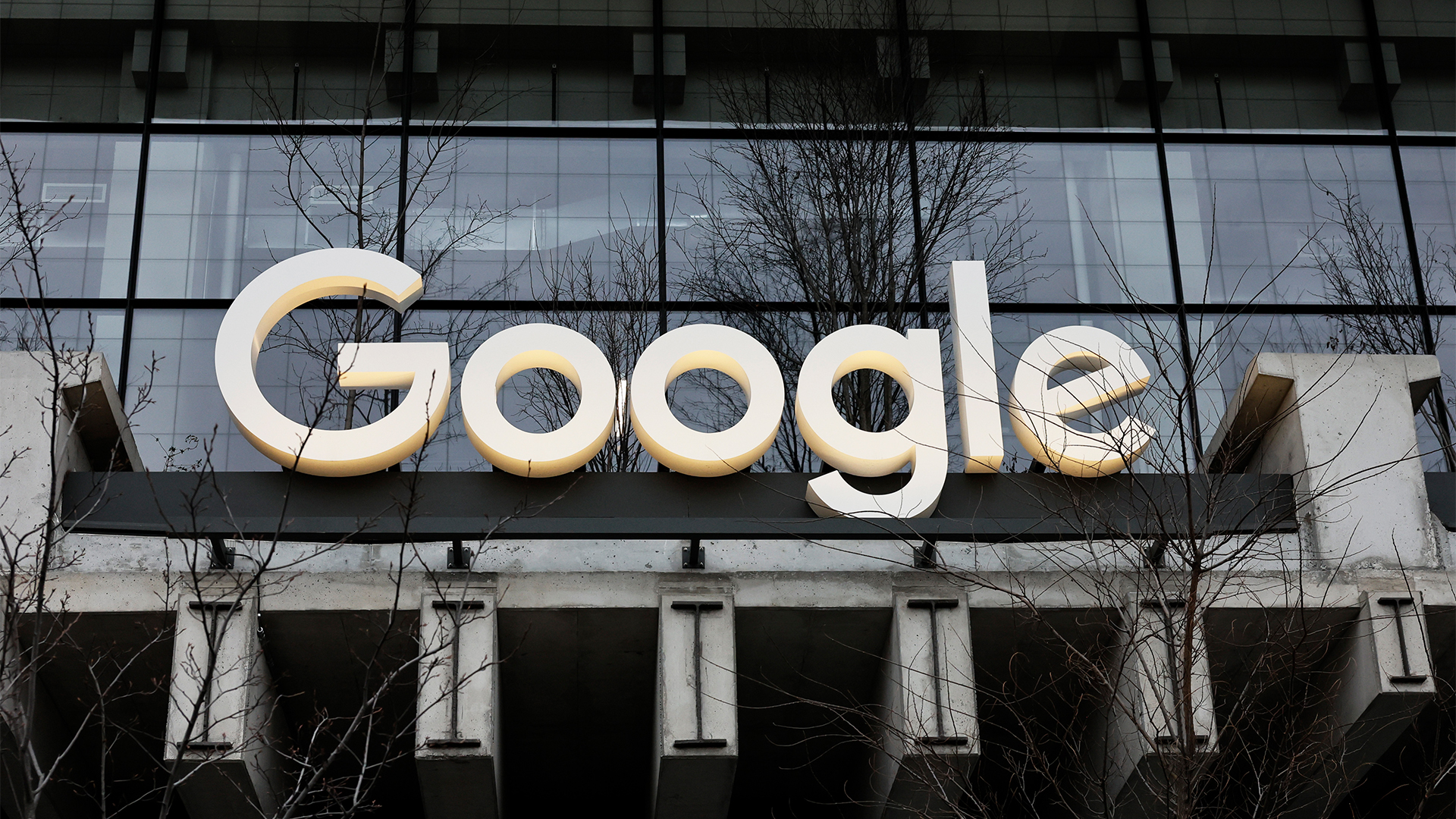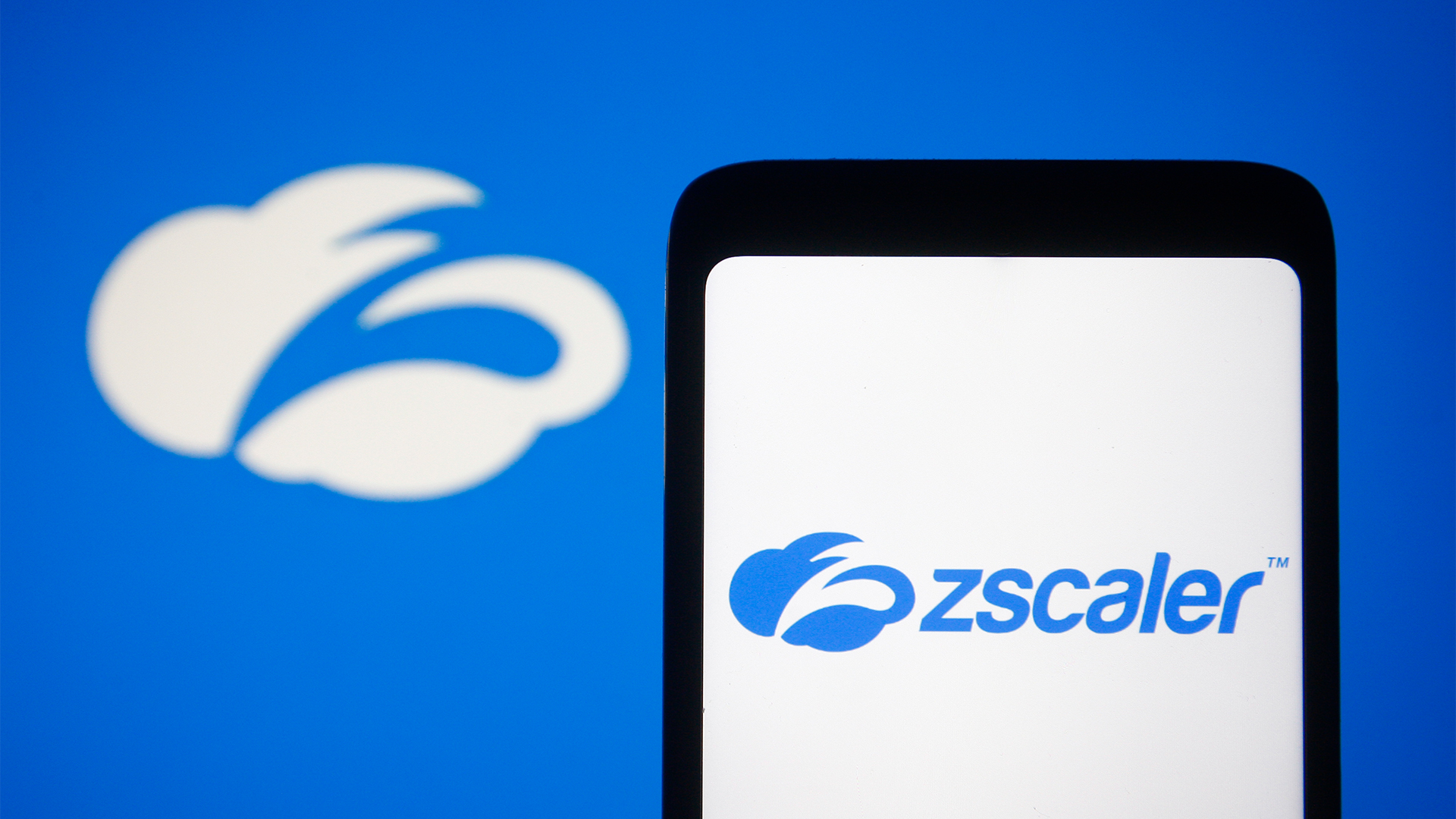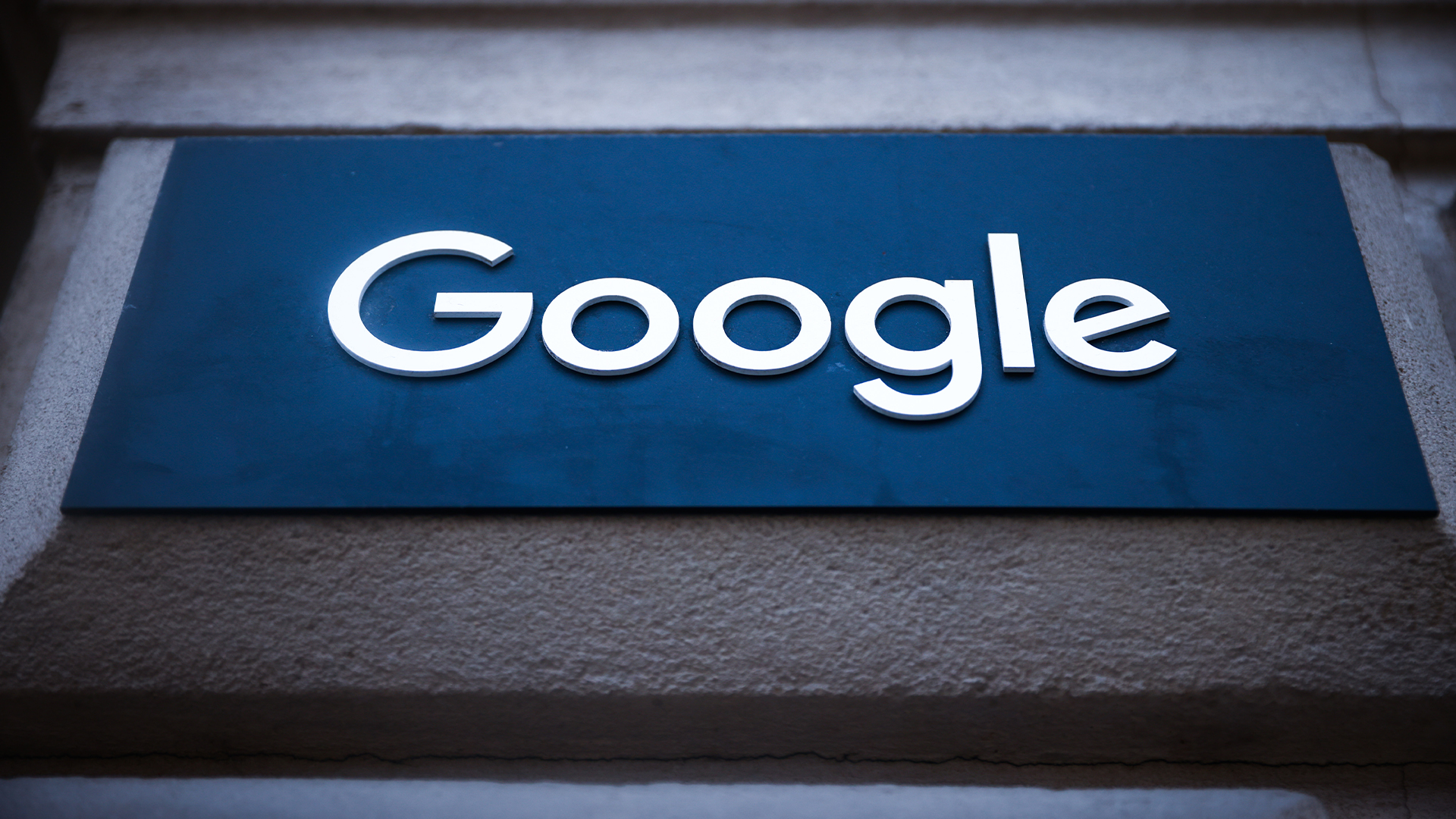Google forced to delete billions of incognito browsing records after privacy controversy
Google has agreed to delete data it gained improperly through its private browsing function


Google has announced it will destroy billions of data records to settle an ongoing lawsuit in which plaintiffs accused the tech firm of tracking search activity improperly.
The move follows allegations that Google tracked the search data of users operating in Chrome’s private browsing - or ‘incognito’ - mode without clearly stating that it would be doing so in privacy disclosures.
Google tried unsuccessfully to have the case dismissed in the summer of 2023 following the lawsuit’s inception in 2020, claiming that users were adequately informed of data collection.
In the most recent development of the case, however, a settlement has been passed that will see Google forced to delete data and update its privacy policies.
Google will destroy the billions of ill-gotten records it secured while also updating disclosures for its private browsing capabilities to clearly describe what data it collects. It will now also give users the option to disable third-party cookies within this function.
These latest terms which hold Google to account, filed in a California federal court, now await approval from US district judge Yvonne Gonzalez Rogers.
Google penalties are part of a wider wake-up call for businesses
In this case, Google was found to have been unclear about its data access and usage, leaving it open to a level of legal action that helps establish an important precedent for enterprises.
Get the ITPro daily newsletter
Sign up today and you will receive a free copy of our Future Focus 2025 report - the leading guidance on AI, cybersecurity and other IT challenges as per 700+ senior executives
With consumers increasingly aware of their privacy rights, businesses can ill afford to shirk responsibilities, according to Stephanie Liu, senior analyst at Forrester.
“The rise of privacy-oriented class action lawsuits and complaints shows consumers are increasingly privacy savvy and taking action,” Liu said.
“Transparency is critical — companies have to explain how data is shared and used,” she added.
Going forward, companies will need to ensure that they are open and honest about where and how they are tracking data, as violations such as these will leave enterprises vulnerable to accusations of data misuse, Liu noted.
RELATED WHITEPAPER

“There has been a steady drumbeat of complaints, lawsuits, and regulatory action centered on companies collecting or sharing customer data in unexpected ways,” she said.
“The Google Chrome settlement is part of a broader trend of consumers filing complaints about their data being used in ways they don't expect."
Meta, for example, found itself caught up in the growing trend of class action privacy cases when it was forced to pay $725 million in 2022 over its handling of personal user information with Cambridge Analytica.
Though Meta did not admit its guilt as part of the settlement, this was still the largest-ever monetary sum paid as part of a privacy lawsuit.
Slightly further back, Zoom agreed to pay $85 million to settle privacy claims against it relating to the sharing of personal user data with other firms such as Google, Facebook, and LinkedIn.
This case isn’t Google’s only run-in with privacy regulation in recent memory, as the firm forked out a $391.5 million settlement in 2022 following claims that it was tracking location data improperly.

George Fitzmaurice is a former Staff Writer at ITPro and ChannelPro, with a particular interest in AI regulation, data legislation, and market development. After graduating from the University of Oxford with a degree in English Language and Literature, he undertook an internship at the New Statesman before starting at ITPro. Outside of the office, George is both an aspiring musician and an avid reader.
-
 Bigger salaries, more burnout: Is the CISO role in crisis?
Bigger salaries, more burnout: Is the CISO role in crisis?In-depth CISOs are more stressed than ever before – but why is this and what can be done?
By Kate O'Flaherty Published
-
 Cheap cyber crime kits can be bought on the dark web for less than $25
Cheap cyber crime kits can be bought on the dark web for less than $25News Research from NordVPN shows phishing kits are now widely available on the dark web and via messaging apps like Telegram, and are often selling for less than $25.
By Emma Woollacott Published
-
 Foreign AI model launches may have improved trust in US AI developers, says Mandiant CTO – as he warns Chinese cyber attacks are at an “unprecedented level”
Foreign AI model launches may have improved trust in US AI developers, says Mandiant CTO – as he warns Chinese cyber attacks are at an “unprecedented level”News Concerns about enterprise AI deployments have faded due to greater understanding of the technology and negative examples in the international community, according to Mandiant CTO Charles Carmakal.
By Rory Bathgate Published
-
 Adopting more security tools doesn't keep you safe, it just overloads your teams
Adopting more security tools doesn't keep you safe, it just overloads your teamsNews Security tool sprawl makes it harder to manage environments and overwhelms teams
By Ross Kelly Published
-
 Google’s Big Sleep AI model just found a zero-day vulnerability in the wild — but don’t hold your breath for game-changing AI bug hunting tools any time soon
Google’s Big Sleep AI model just found a zero-day vulnerability in the wild — but don’t hold your breath for game-changing AI bug hunting tools any time soonNews Google clarified it was the first undiscovered memory safety bug to be flagged by an AI agent, touting this as a significant step in using AI for vulnerability research
By Solomon Klappholz Published
-
 Australia and Google turn to AI to protect critical infrastructure
Australia and Google turn to AI to protect critical infrastructureNews Australia's CSIRO partners with Google to develop homegrown AI security tools for infrastructure
By Nicole Kobie Published
-
 Google Workspace just got a slew of new zero trust features to help supercharge user security – here's what you need to know
Google Workspace just got a slew of new zero trust features to help supercharge user security – here's what you need to knowNews New Zscaler integrations across Chrome Enterprise, Google Workspace, and Google Security Operations aim to enhance enterprise security and access
By Daniel Todd Last updated
-
 Google says Microsoft can’t be trusted after email security blunders
Google says Microsoft can’t be trusted after email security blundersNews Google has fired a broadside at Microsoft amid concerns over the tech giant's repeated security blunders
By Solomon Klappholz Published
-
 Google spent $10 million on bug bounty payouts last year — here's what flaws researchers uncovered
Google spent $10 million on bug bounty payouts last year — here's what flaws researchers uncoveredNews Google’s Vulnerability program paid rewards to 600 researchers in 2023, with Android flaws earning a third of the total
By Steve Ranger Published
-
 Magika, Google's new AI security tool, helps users identify malware at rapid speed - and it's free to access on GitHub
Magika, Google's new AI security tool, helps users identify malware at rapid speed - and it's free to access on GitHubNews Google hopes its Magika AI security tool will rapidly accelerate malicious file identification, but there are some limitations, according to industry experts
By George Fitzmaurice Published